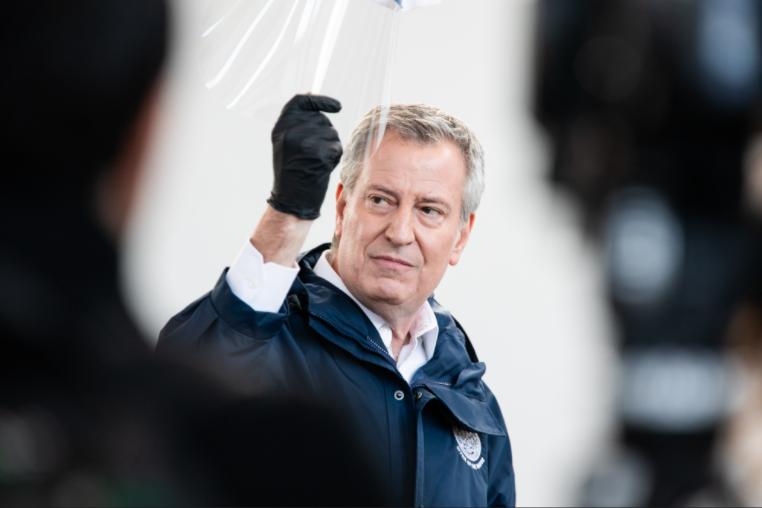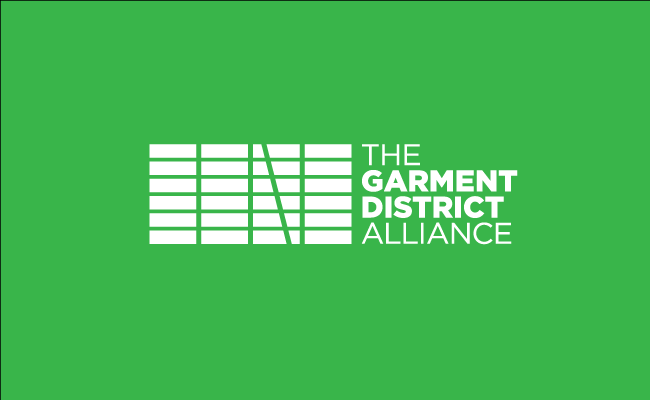Manufacturers
Make Covid Gear

NYC Taps Manufacturers to Make Gear, Test Kits by Thousands
New York City has turned to its storied garment industry to shift from high fashion to mass manufacture of surgical gowns to protect medical workers treating coronavirus patients in hospitals.
The gowns are part of a move by the city to build up its manufacturing capacity to locally produce personal protective equipment and test kits by the tens of thousands per week, scaling up production enough to become self-sufficient, Mayor Bill de Blasio said.
Local companies will make face shields, surgical gowns and virus test kits in neighborhoods like the Brooklyn Navy Yard and Manhattan’s Garment District, de Blasio said Tuesday at his daily virus briefing. He said that New York’s progress shows that other regions could ramp up production to fill their own needs.
“This is going to be a huge step forward,” de Blasio said. “This is going to take us a long way from where we are now.”
The mayor said he’d tried to get test kits and supplies from Washington and received inadequate response.
“If the federal government can’t do it, then get out of the way,” de Blasio said.
Eight companies in Brooklyn can already produce 240,000 face shields a week, de Blasio said, and they ultimately expect to push that number to 625,000. Companies in midtown Manhattan’s Fashion District and in Sunset Park, Brooklyn are making 30,000 surgical gowns a week, with plans to ramp it up to 250,000 a week.
The mayor’s relationship with the fashion and garment industry has been fraught with disagreements over policies intended to shift some manufacturing from Manhattan to Brooklyn. Manhattan’s Fashion District -- a 12.5-block swath bounded by Broadway and Ninth Avenue between 35th and 40th Streets -- was once the heart of the industry in a city that in the 1950s made about 90 percent of U.S. clothing. Today, it’s less than 1 percent, after cheaper overseas labor and rising rents forced many factories to close. Now, subsidies that created large-scale manufacturing facilities in Sunset Park can provide jobs for skilled and unskilled workers, the mayor said.
To fill the need for test kits, a local consortium of biotech companies and small manufacturers have developed a technique to manufacture 50,000 a week. Another 50,000 will be shipped from Aria Diagnostics, an Indiana company that has signed a contract with the city, the mayor said.
With virus contagion still out of control, the city’s limited test supply restricts use to symptomatic patients, health-care workers and first responders. If the city is to reduce and maintain low-level transmission, testing will be crucial to identify new cases and trace patients’ social contacts so that they may be isolated or quarantined, officials have said.

